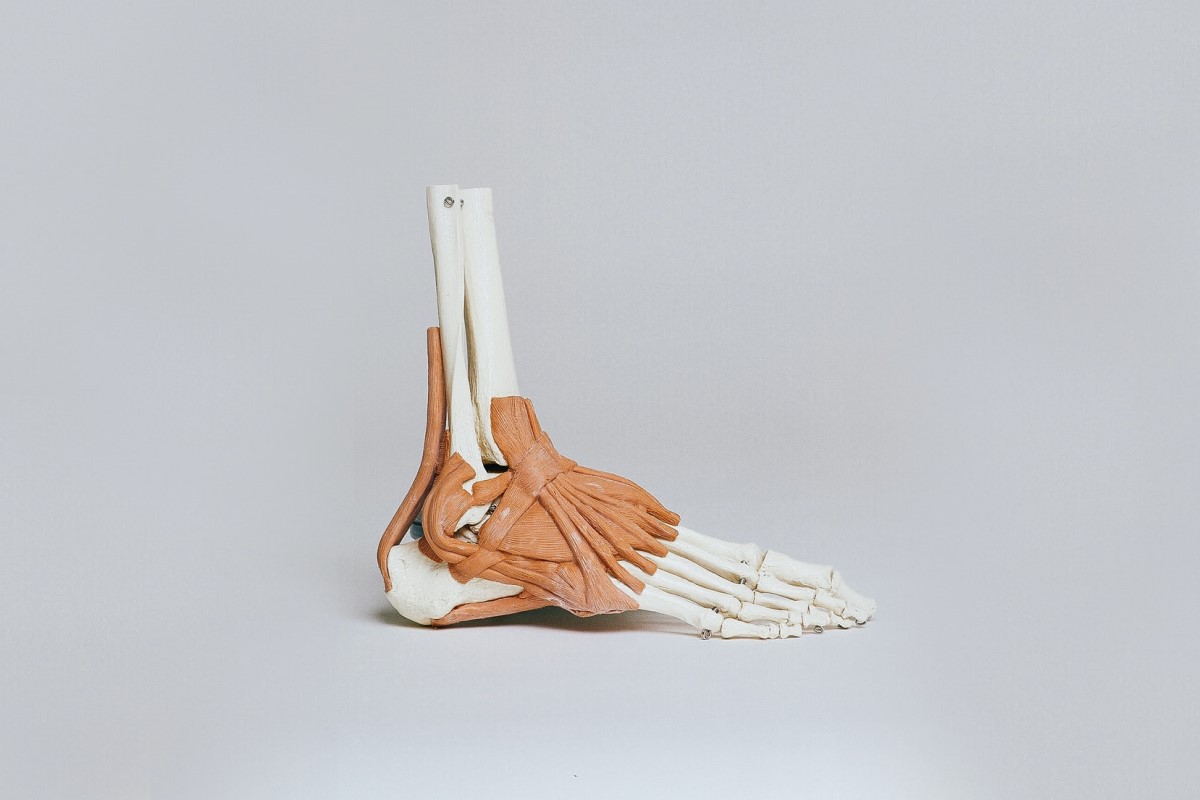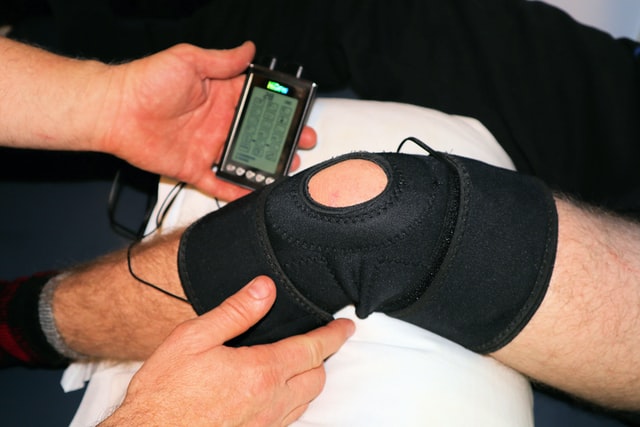
Queensland’s Workers’ Compensation and Rehabilitation Act 2003 (‘the Act’) protects workers in the unfortunate event of a work-related injury and sets out the rights and responsibilities of both employees and employers under the scheme.
The scheme operates to provide income support to injured workers while they’re off work; pay for reasonable medical and rehabilitation treatment, and other related expenses; and provide a compensation payment in the case of permanent impairment or death.
Under the Act, employers are required to take insurance coverage against their liability for compensation and damages through a policy with a WorkCover-approved insurer, or under a licence as a self-insurer, meaning they managed their own workers’ compensation claims.
While the scheme is recognised as operating efficiently and effectively in helping workers in the period after they are injured, facilitating recovery until they are able to return to work, it can also be mis-used by both unscrupulous claimants and employers. Stories of workers feigning injury to go on ‘compo’ are part and parcel of workplace folklore in Australia – but less well-aired are the ways employers can avoid or lessen their responsibilities under the Act, which we’ll discuss more in this article. Breaches of the Act’s provisions by an employer can be particularly egregious given the considerable imbalance in power and resources between it and the injured worker.
Who is a worker?
Many workers’ compensation disputes turn on the question of whether, under the Act, the injured party can legitimately be described as a worker employed by the company. In the modern workplace where many more staff are sourced through labour hire arrangements, or engaged on temporary contracts, or are described as a ‘contractor’, uncertainty about whether a person is a worker for the purposes of a compensation claim when injured is a commonplace concern.
To avoid the cost of insuring the worker, certain employers may argue the injured person is not an employee for the purposes of the legislation, and may cite a contractual arrangement as evidence the person is an independent consultant or contractor responsible for their own insurance arrangements. Helpfully the Act sets out those who are, and who are not, considered workers. For instance, salespeople paid entirely or partly by commission, and labour hire, group training or holding company employees, are considered workers. Directors, partners and those with a contract to obtain services from a company, trust or partnership are among the categories excluded as workers.
The requirement to report an injury
Under section 133 of the Act, an employer commits an offence if it does not report any injury sustained by a worker in the course of their job to its insurer within eight days of the injury occurring. Under section 133A, an employer must immediately notify its insurer if the worker asks for a payment to be made (in place of wages or for medical treatment, for example), or the employer makes such a payment.
These responsibilities of the employer apply regardless of whether:
- the worker goes forward with a claim for workers’ compensation;
- the employer believes the injury is deserving of a claim for compensation.
In practice, however, employers may try to avoid the reporting requirement in an attempt to preserve their safety record – particularly in industries such as mining and construction. Instead, it may assure the worker it will meet the costs of medical treatment and rehabilitation, and organise lighter, alternate work duties for them, provided the injured person does not make a workers’ compensation claim. Anecdotally this practice is more prevalent among self-insured employers, who manage their own workers’ compensation claims.
For employees whose work-related injury develops or becomes worse some time after the incident, however, this practice may prevent them from accessing statutory workers’ compensation benefits, which must be applied for within six months of the date of the accident. An insurer is likely to reject any application made after this time limit.
The importance of medical assessment of the injury
Medical assessment of a work injury is a crucial part of a workers’ compensation claim, determining the extent and nature of the injury, when the worker may be able to return to work, and whether they can resume their former duties or require an amended work plan.
But when a worker is injured, certain employers may insist on accompanying the worker during the doctor’s appointment in a possible attempt to influence the assessment of the injury. This practice is a breach of a worker’s privacy. While a worker is required to submit a medical certificate or certificate of work capacity to their employer as part of the claims process, they are not legally obliged to allow their employer to attend doctors’ appointments.
Can an employer sack an injured worker?
In cases where a worker’s injury prevents them from performing in their former role, it’s tempting for an employer to terminate the employee and get them ‘off the books’. The Act, however, protects injured workers from dismissal ‘solely or mainly’ because of the injury for a period of 12 months from the date of the accident. A penalty up to $5,338 applies to employers who sack a worker during this period.
In most cases an employer has a legal obligation to offer an injured worker ‘suitable duties’, determined by the nature of the injury. In this situation, a worker may be required to accept reduced hours or different duties.
Need help? Speak with workers’ compensation specialists
If you have questions about the issues raised in this article, contact our professional team at GC Law. We are compensation specialists who can help clarify the issues involved in making a workers’ compensation claim, particularly if an employer has tried to avoid its responsibilities under the Act. Contact our Compensation Lawyers, today for an initial consultation.
















